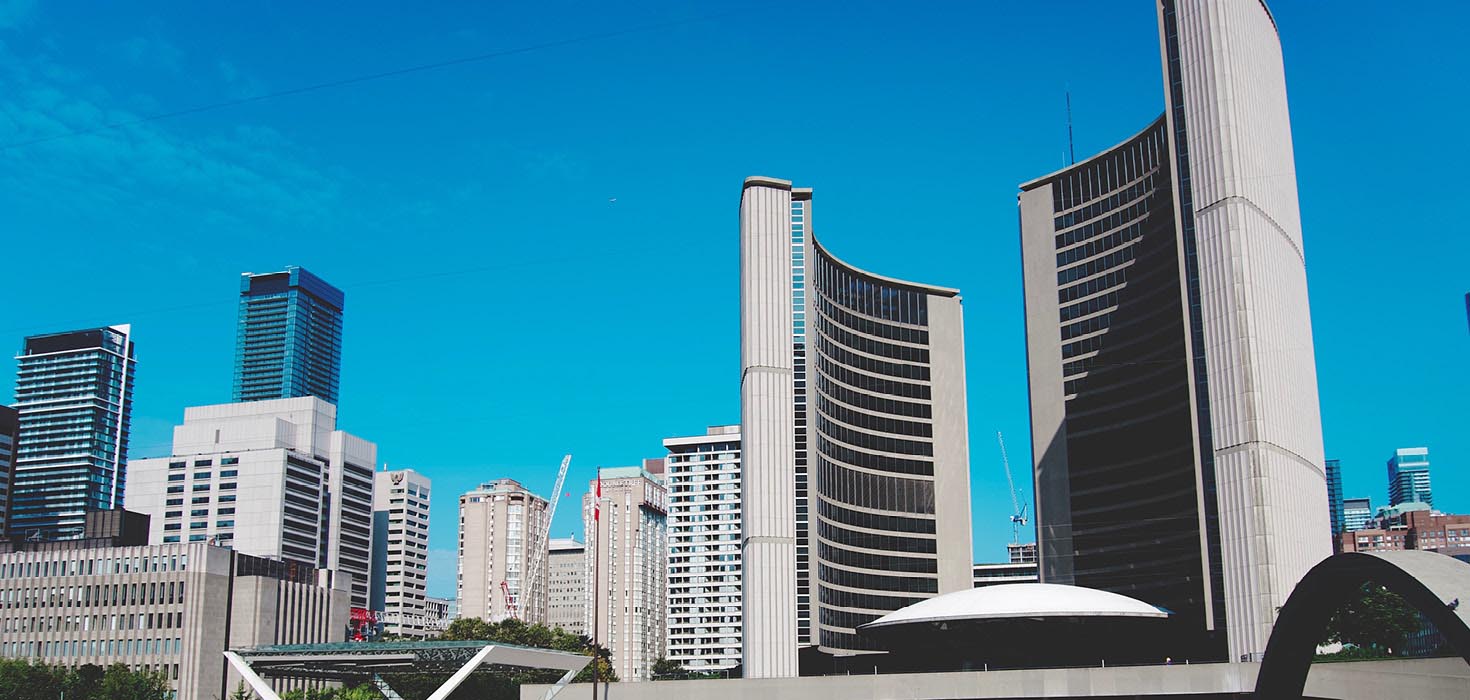Today, Toronto City Council is meeting to consider recommendations on potential new revenue sources. These are being brought forward by City staff in their Updated Long-Term Financial Plan – and include a possible parking levy, municipal sales tax, and increased land transfer taxes for some homes.
While most of the recommendations simply direct staff to explore new revenue sources and create implementation plans that still won’t be voted on for some time, the impacts of these significant changes need to be carefully examined now.
This is all in the interest of shrinking the deficit – $1.1 billion of which results from the City covering programs and services for provincial and federal priorities like housing, social services, and health services, in particular. That number doesn’t even include the upkeep of the Gardiner and DVP expressways, downloaded from the provincial government back in the 1990s. As a result, the City has been backed into a financial corner, one that, if nothing changes, will hit Toronto with an eye-watering shortfall of $46.5 billion over the next decade.
That can’t happen.
The Toronto Region Board of Trade has long advocated for the provincial and federal governments to fully fund programs and services that fall in their jurisdiction. Instead, they rely on the city to fill in the ever growing gaps, thereby diverting city dollars away from sorely needed core priorities like transit and infrastructure maintenance. It’s then not surprising that the City is exploring new revenue sources.
Leaving Toronto’s businesses and residents to pay a whole lot more for services and infrastructure frequently used by those who reside outside its property tax base is profoundly unfair and will come at a significant economic cost. Some new revenue tools may end up being part of a grand bargain to reset city finances on sustainable footing, but as Council and staff review the options, it’s important to do so with prudence.
Each revenue tool will result in added costs to businesses and individuals in an already high-cost city. Though Toronto is faced with an array of choices, it is important that City staff not only consider the impact, revenue potential and unintended consequences each tool will have individually, but also in combination with one another.
That said, the easiest way to avoid adding another dead weight to an already flagging economy, is for the provincial and federal governments to finally do their parts in paying for the services they are leaving the City to deliver on their behalf. As we stated in an op-ed for TVO during the Mayoral By-Election earlier this year, when Toronto succeeds, Ontario and Canada succeed. Without a new deal, the long-term stability and competitiveness of the city — as well as the province and country — are at stake.
